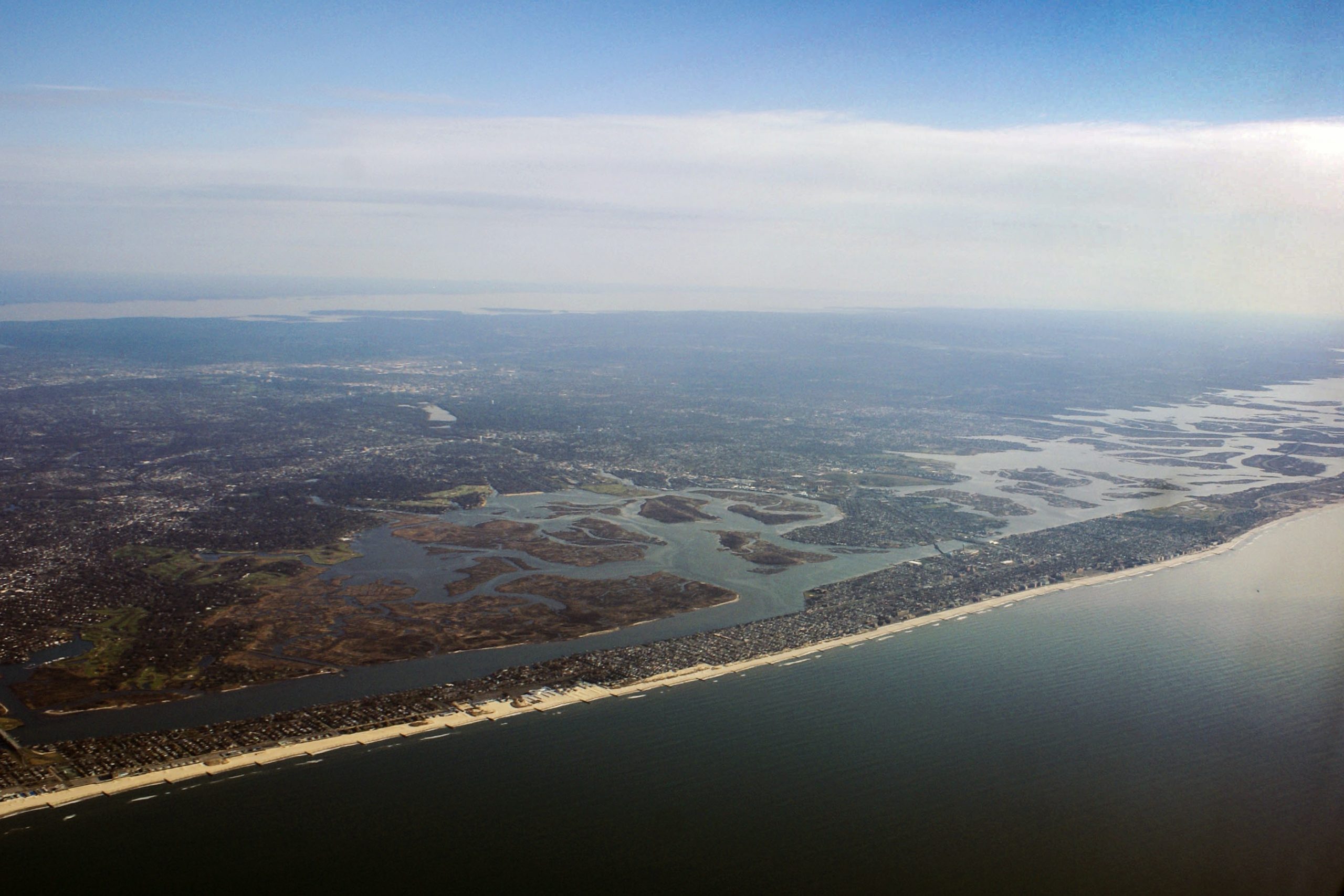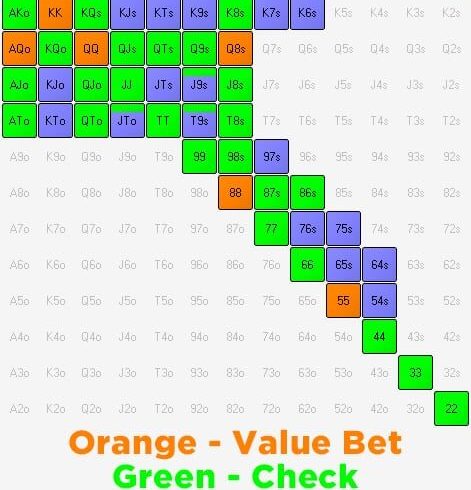Norway’s Plan to Prohibit Unlicensed Online Gambling Platforms
Norway, known for its stunning landscapes and progressive policies, is taking a firm stance against unlicensed online gambling platforms. The country has long been concerned about the negative effects of gambling addiction and wants to ensure that its citizens are protected from unregulated operators. As a result, the Norwegian government has proposed a plan to prohibit unlicensed online gambling platforms.
The plan aims to strengthen the existing regulations and provide a safer gambling environment for Norwegian players. Currently, the country operates a state-owned monopoly on gambling, with Norsk Tipping and Norsk Rikstoto being the only authorized operators. However, unlicensed platforms have been able to operate in a legal gray area, which has raised concerns about consumer protection and the potential for money laundering.
One of the main reasons behind the proposed ban is to combat gambling addiction. Norway has one of the highest rates of problem gambling in Europe, and the government believes that by prohibiting unlicensed platforms, they can better control and regulate the industry. Licensed operators are subject to strict regulations, including responsible gambling measures and mandatory player protection tools. By limiting access to licensed platforms, the government hopes to reduce the risk of addiction and provide support for those who need it.
Another key aspect of the plan is to prevent money laundering and other illegal activities. Unlicensed platforms often operate outside of any regulatory framework, making it easier for criminals to exploit loopholes and use gambling as a means to launder money. By prohibiting these platforms, the government aims to close these loopholes and ensure that all gambling activities are conducted in a transparent and regulated manner.
The proposed ban has faced some criticism from those who argue that it limits consumer choice and restricts competition. However, the Norwegian government believes that protecting its citizens from the potential harm caused by unregulated gambling outweighs these concerns. They argue that licensed operators offer a safe and responsible gambling experience, and that the ban will help to create a more sustainable industry in the long run.
To enforce the ban, the Norwegian government plans to work closely with payment providers and internet service providers. They aim to block access to unlicensed platforms and prevent financial transactions from taking place. This collaborative approach is seen as crucial in effectively implementing the ban and ensuring that it is enforced.
It is worth noting that the proposed ban on unlicensed online gambling platforms is not unique to Norway. Several other European countries, including Sweden and Germany, have also implemented similar measures to regulate the online gambling industry. These countries recognize the importance of protecting consumers and preventing illegal activities in the digital gambling space.
In conclusion, Norway’s plan to prohibit unlicensed online gambling platforms is a significant step towards creating a safer and more regulated gambling environment. By strengthening regulations and limiting access to licensed operators, the government aims to protect its citizens from gambling addiction and prevent money laundering. While there are concerns about consumer choice and competition, the government believes that these measures are necessary to ensure the well-being of its citizens. With collaborative efforts from payment providers and internet service providers, the ban is expected to be effectively enforced, setting an example for other countries facing similar challenges in the online gambling industry.




